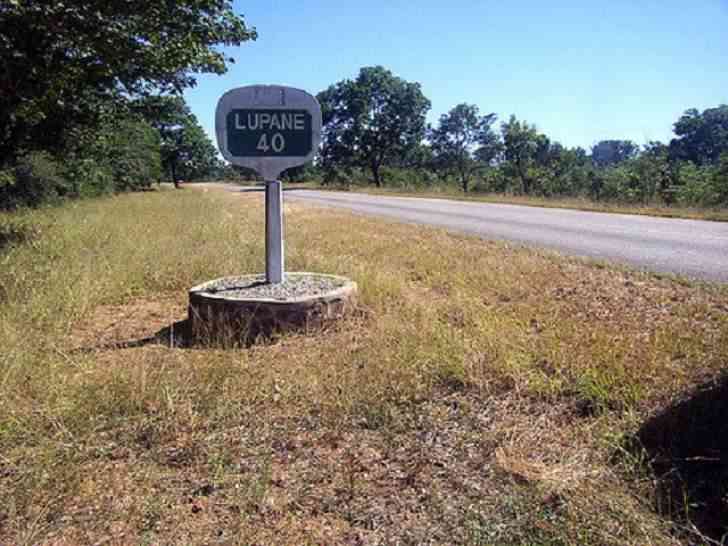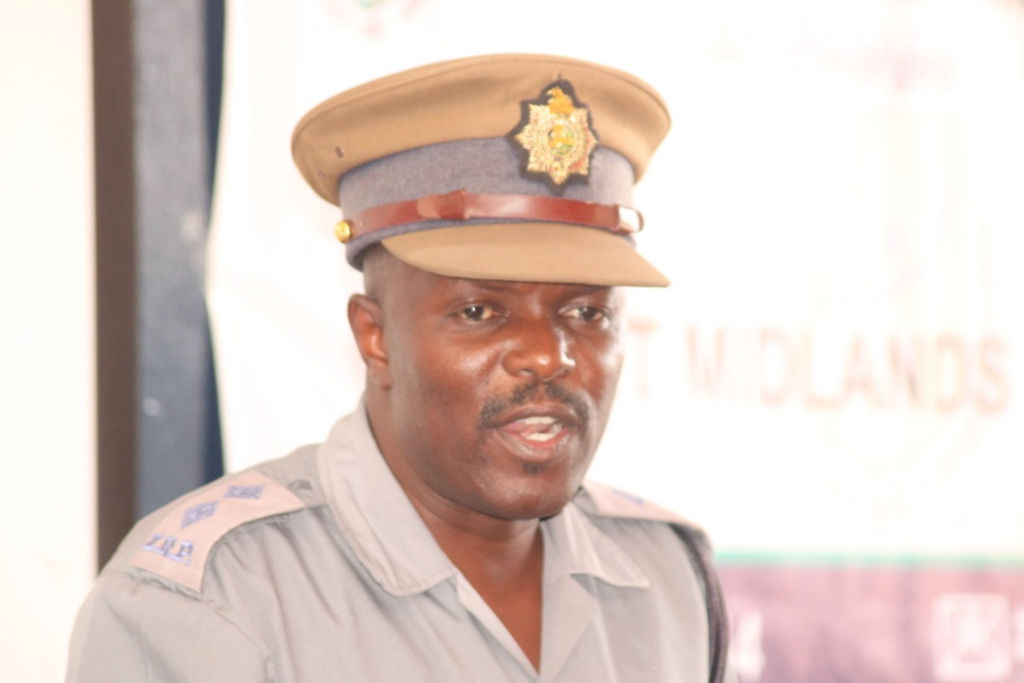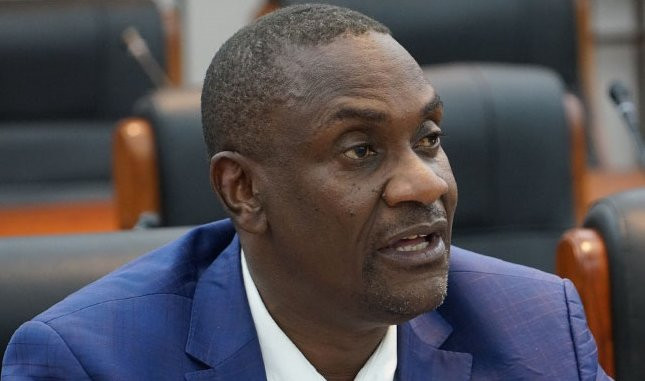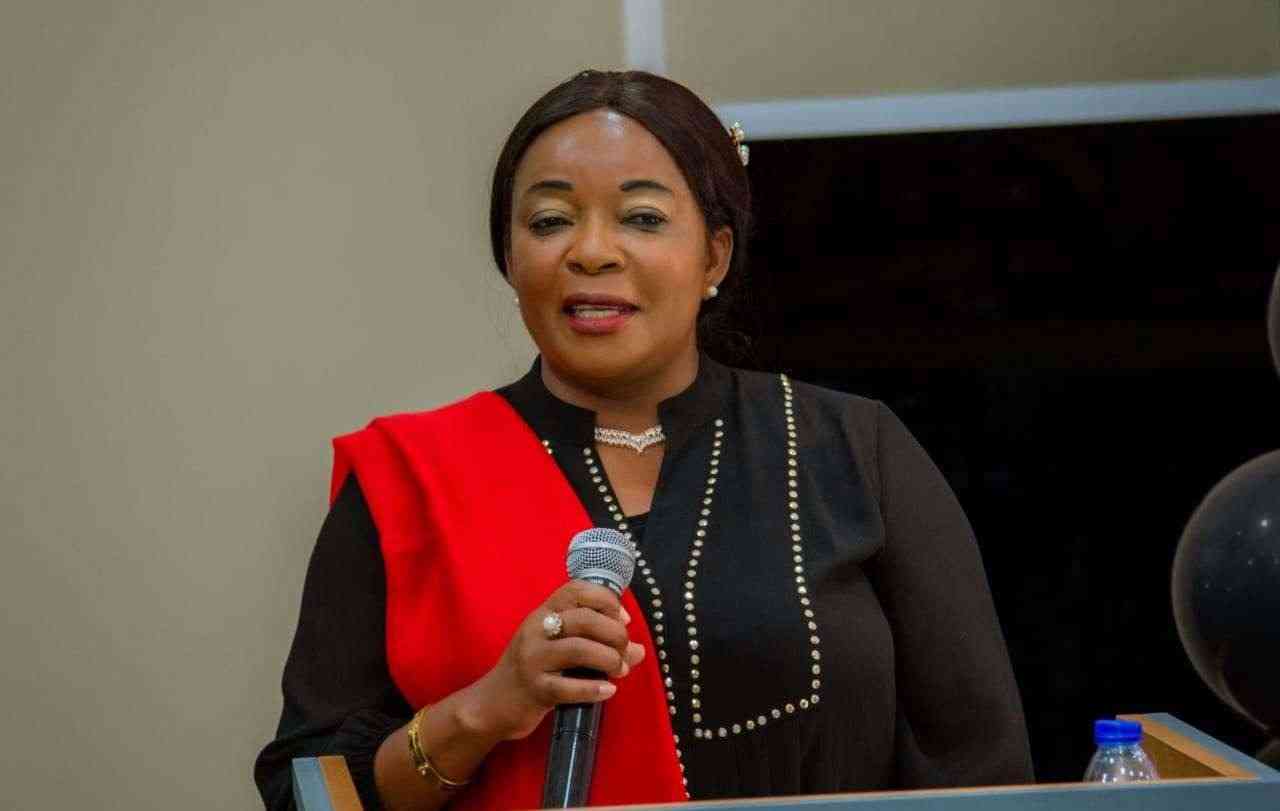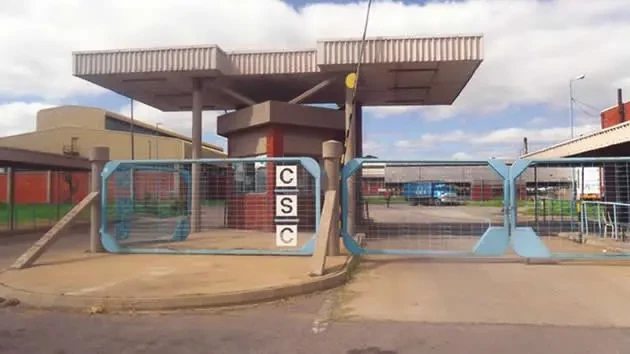
Zimbabwe goes into the polls in less than a fortnight with people in Matabeleland having to contend with the same mixed bag of unfulfilled promises by the ruling Zanu PF for the past 43 years.
Underdevelopment as seen in poor roads, lack of social amenities with few schools and clinics, collapsing colonial era infrastructure as well as urban decay for the country’s second city of Bulawayo, among other ills continue to dog the region.
Also of major concern is the ‘systematic’ marginalisation of the region despite the vast mineral and other natural resources resulting in widespread poverty, critics say.
Many sons and daughters of the region have sought sanctuary in neighbouring South Africa while districts such as Tsholotsho and Plumtree have been virtually cut off from the national economy as they rely on Pretoria not only for goods and services but trading currency.
The rand is the currency of choice in the two districts.
Once the country’s industrial hub with a large manufacturing presence and top textile companies such as Belmont Clothing and Cotton Printers, much of Bulawayo’s industrial infrastructure now stands empty and unutilised, relics of the city’s glory days.
Despite the hype that accompanied the launch of the Distressed Industries and Marginalised Areas Fund (DIMAF) in 2011, the city’s loss of firms has continued.
The former giant, Cold Storage Company (CSC), and National Railways of Zimbabwe (NRZ) are still limping despite several pronouncements to revive them.
- Boustead Beef seeks to end CSC corporate rescue
- Boustead Beef seeks to end CSC corporate rescue
- Let the music play at JamAfro Festival
- British investor makes new claim over CSC . . . Boustead says it took over full control of the beef processor in 2019
Keep Reading
In 2019, government entered into an agreement with United Kingdom ‘investor’ Boustead Beef for the revival of the CSC, but it has failed to provide proof that it had US$130 million for capital expenditure and working capital for the first five years.
Indications are that the company also failed to invest US$45 million in the first year as per the agreement.
The government was forced to place CSC under corporate rescue in December 2020 after realising that Boustead Beef had failed to fulfil its part of the agreement.
Boustead Beef, however, remained mainly at the Bulawayo abattoir claiming it had refurbished the plant and invited Vice President Constantino Chiwenga to officially reopen the factory in August last year.
It later emerged that Chiwenga was sold a dummy since the cold rooms were not working.
Last month, NRZ general manager, Respina Zinyanduko called for the urgent recapitalisation of the parastatal, a sign that it is still struggling despite government claims that it had turned the corner.
In November last year, the government pledged to fund the NRZ infrastructure rehabilitation at a tune of $2 billion, but just last month Zinyanduko appealed for capacitation of the institution, a sign that the government did not fulfill the promise.
The signature Gwayi-Shangani Dam project has missed deadlines.
Government had initially said the dam, which is expected to be the third-largest inland water body in Zimbabwe, would have been completed by December last year.
It is part of the greater Matabeleland Zambezi Water Project that was identified in 1912 as a long-term solution to the perennial water challenges faced in Matabeleland North, South, and Bulawayo provinces.
However, over the decades the project has failed to take off until recently when the government contracted a Chinese company to construct the water body.
The Zimbabwe National Water Authority (Zinwa) is also involved in the construction of the dam.
Government later moved the deadline to July, and again, the project is yet to be completed.
The 1980’s mass killings in Matabeleland and Midlands remain unresolved despite President Emmerson Mnangagwa promising to expedite the exercise after coming into office.
At least 20 000 people were killed in the region when the late Robert Mugabe as prime minister deployed the North Korea-trained Fifth Brigade to target dissidents.
Most of the victims were suspected supporters of Zapu, Zanu PF's main rival before the formation of the MDC in 1999.
Ibhetshu likaZulu secretary general, Mbuso Fuzwayo, said the 2023 election will be no different saying there is little to expect from Zanu PF promises
"They have spoken with double standards,” Fuzwayo said.
"There is no clear policy on reconciliation and the roadmap on how to resolve (Gukurahundi).
“All developmental projects like CSC, Gwayi-Shangani will never come to fruition because everything has been politicized.”
Fuzwayo added: “The CSC is a white elephant and NRZ is almost the same and struggling.
"There is no clear CSC programme in promoting livestock management.”
Citizens Coalition for Change (CCC) Bulawayo spokesperson, Swithern Chirowodza, said Zanu PF has never been sincere about resolving Gukurahundi and addressing underdevelopment and poverty.
"Those promises were not meant to be completed or fulfilled,” Chirowodza said.
“The snail pace at which the Gwayi-Shangani project is moving is meant to enable the media to have something to capture and give people false hopes.
“All those promises are now part of the equipment in the Zanu PF tool box.
“Zanu PF has never fulfilled the electoral promises. The promises made in 2018 have not been accomplished and it is certain they will never be fulfilled.”
Chirowodza said Mnangagwa has also exposed his lack of will to address Gukurahundi by not including victims in his approach.
"For instance, the Gukurahundi issue can never be solved to the satisfaction of the victims because the perpetrator is in charge,” he said.
“You cannot have a criminal adjudicating on a crime he is accused of committing.”
Political commentator Effie Ncube, said Matabeleland suffers from Zanu PF’s misrule.
"Whether it is on the roads, health care, education, water, or job creation, the gap between promise and delivery has been huge,” Ncube said.
“The fact is that there are very little budgeted resources being directed to eradicate poverty and hunger and spur development in Matabeleland.
“This is the record of the past 43 years.”
A Filabusi based human rights defender, Sibongile Sibanda, says the current administration is no different from Robert Mugabe’s regime that neglected the region.
“The leader of the party must make a point that whenever he addresses meetings in Matabeleland, their first statement must be a public apology to the affected regions because the affected will never be healed unless this is done," Sibanda said.
Anti- Corruption Trust of Southern Africa (ACT-SA) director, Obert Chinhamo, said the electorate was tired of unfulfilled grandiose promises.
“What we see clearly is that the intention of politicians to then start talking about these issues when campaigning in 2023 is only to persuade or manipulate voters,” Chinhamo said.
“I urge the electorate to exercise caution.
“They should only vote for candidates who have the record of fulfilling their promises.”

